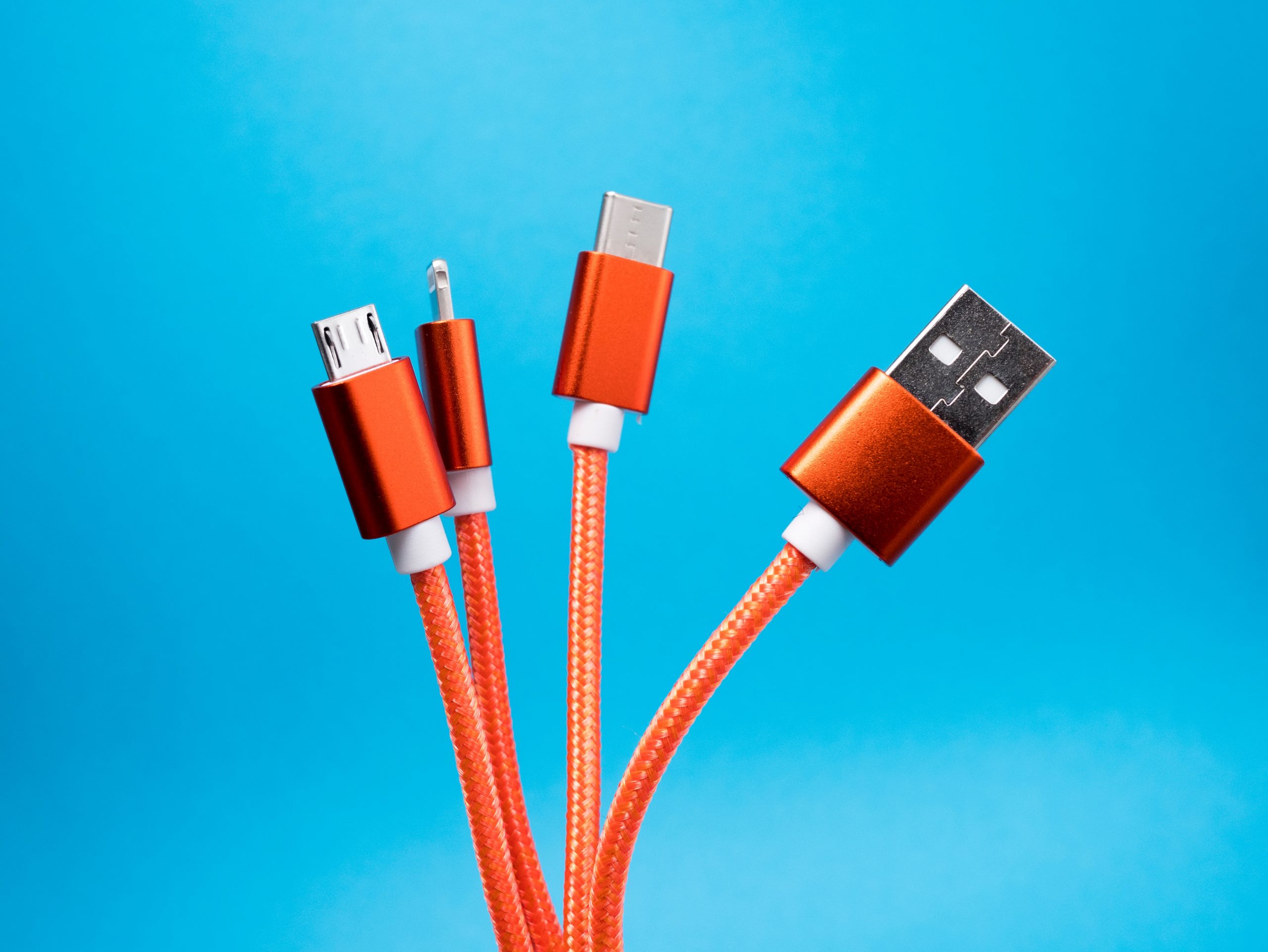
By Brad McKenna
In a world of ubiquitous connectivity, digital health has become an important topic as many of us are suffering from unbalanced lifestyles. A digital detox holiday has been proposed and promoted as a solution, but many of us are not sure if they can travel digital-free.
Perceptions of disconnecting
In the first study, we explored tech-savvy millennials’ perceptions towards the increasingly popular digital detox holiday. On the one hand, millennials perceive the benefits of disconnecting digitally on holiday which can contribute to their mental wellbeing, on the other hand, they perceive several constraints to going off-the-grid from tourist infrastructures, social expectations, and their technology dependence.
Millennials today are getting more aware of their digital health and work-life balance. They perceive a digital detox as an effective channel to achieve sustained wellbeing. Regardless of the increasing demands of a digital detox holiday, tourism organisations and operations still focus on digitalisation of their operations, which makes it challenging for millennials to disconnect. Being “mentally away” should be aligned with also being “physically away” by reducing technology use to achieve psychological sustainability on holiday. Changes are required in social expectations to be constantly connected to support this “home and away” detachment.
Emotions in Digital-Free Travel
In the second study, we investigated how people feel when they switch off their mobile devices on holiday. We asked our participants to digitally disconnect when travelling and reported their feelings. We found that participants suffered from “withdrawal symptoms” at the initial stage of disconnecting with feelings of anxiety, boredom, and frustration. After they passed the initial stage, many participants started to enjoy their holiday by engaging more with the environment and had more social interactions with locals and their companions. Many reported the digital detox gave them a very memorable and satisfying experience. We also found that the nature of the destination, the travel companions, level of technology dependence, and social/work commitments highly influence the emotions during the digital-free holiday.
This is the first article that provides empirical insights into how individuals feel when they are digitally disconnected. By understanding the emotional journey, individuals can be more prepared when they are planning for a digital detox trip to maximise the benefits. At the same time, tourism providers can design and promote their product and service better to cater to consumers’ demands.
Author bio
Dr Brad McKenna is an Associate Professor of Information Systems at the University of East Anglia in the United Kingdom. He is the vice-chair of the IFIP Working Group 9.5 ‘Our Digital Lives’. His main research areas lie in the area of the social implications of technology use. Within this field, he has researched location-based services, virtual worlds and social movements, technology use in tourism, mobile banking and older people, digital disconnection, and social media. Brad also as an interest in online qualitative research methods. He can be contacted at B.Mckenna@uea.ac.uk and on Twitter @DrBradMcKenna.
This blogpost has drawn from research that was presented in the following publications:
Floros, C., Cai, W., McKenna, B. and Ajeeb, D. (2019). Imagine being off-the-grid: millennials’ perceptions of digital-free travel. Journal of Sustainable Tourism, In press.
Cai, W., McKenna, B. and Waizenegger, L. (2020). Turning it off: Emotions in digital-free travel. Journal of Travel Research, 59(5), pp. 909-927.
Pingback: IFIP WG9.5 “Our Digital Lives” Blog - IFIP News